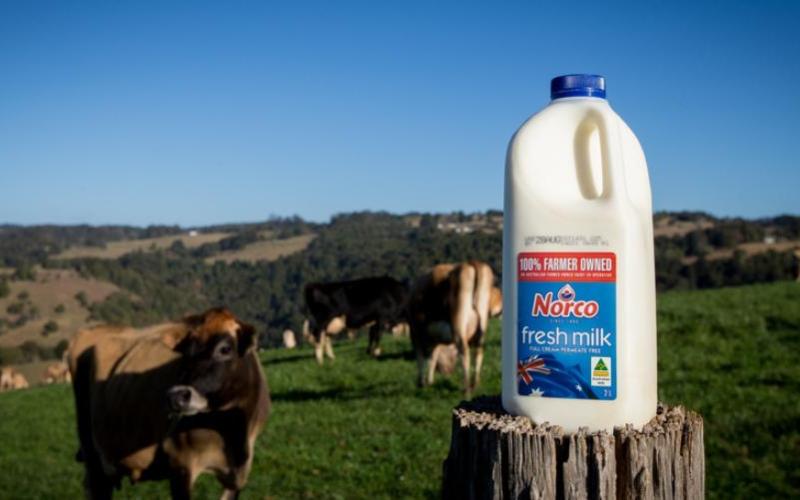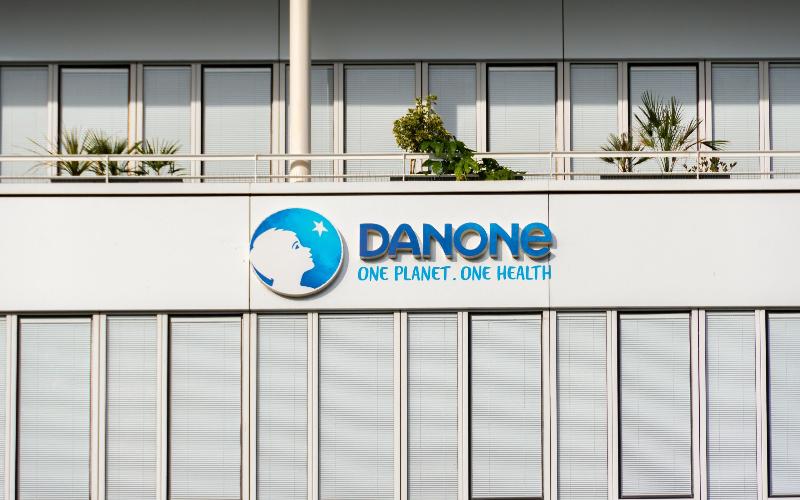Is California Overstating the Climate Benefit of Dairy Manure Methane Digesters?
Sourse: The DairyNews
Controversy Surrounds California's Dairy Manure Methane Digesters and Greenhouse Gas Reduction Claims.

A recent analysis by Inside Climate News reveals that California's state grant program aimed at reducing greenhouse gas emissions may not be delivering the climate benefits it claims. The program, which supports dairy manure methane digesters, releases approximately 225,000 to 300,000 metric tons of carbon dioxide into the air annually through burning biomethane fuel captured from decomposing cow manure.
Surprisingly, these emissions are not included in the state's greenhouse gas inventory; instead, they are considered emissions reductions by the California Department of Food and Agriculture as part of its $200 million dairy digester program. Critics argue that burning methane, regardless of its source, results in carbon dioxide emissions and should not be touted as a form of emissions reduction.
The controversy extends to the California Air Resources Board (CARB), which also regards the CO2 pollution as negative emissions, contributing to the state's Low Carbon Fuel Standard program aimed at reducing transportation fuel's carbon intensity. Moreover, some dairy digesters funded by the state are part of the Aliso Canyon Mitigation Agreement, designed to offset emissions from a massive underground gas storage facility leak from 2015 to 2016.
Critics contend that these overlapping claims result in double or even triple credit for reducing the same greenhouse gas emissions, leading to confusion and skepticism about the actual climate benefits of the dairy digester program. A report by California's Legislative Analyst's Office in 2021 raised concerns about potential overstatements in greenhouse gas benefits due to multiple government programs counting the same climate benefits from dairy digesters.
Surprisingly, these emissions are not included in the state's greenhouse gas inventory; instead, they are considered emissions reductions by the California Department of Food and Agriculture as part of its $200 million dairy digester program. Critics argue that burning methane, regardless of its source, results in carbon dioxide emissions and should not be touted as a form of emissions reduction.
The controversy extends to the California Air Resources Board (CARB), which also regards the CO2 pollution as negative emissions, contributing to the state's Low Carbon Fuel Standard program aimed at reducing transportation fuel's carbon intensity. Moreover, some dairy digesters funded by the state are part of the Aliso Canyon Mitigation Agreement, designed to offset emissions from a massive underground gas storage facility leak from 2015 to 2016.
Critics contend that these overlapping claims result in double or even triple credit for reducing the same greenhouse gas emissions, leading to confusion and skepticism about the actual climate benefits of the dairy digester program. A report by California's Legislative Analyst's Office in 2021 raised concerns about potential overstatements in greenhouse gas benefits due to multiple government programs counting the same climate benefits from dairy digesters.














